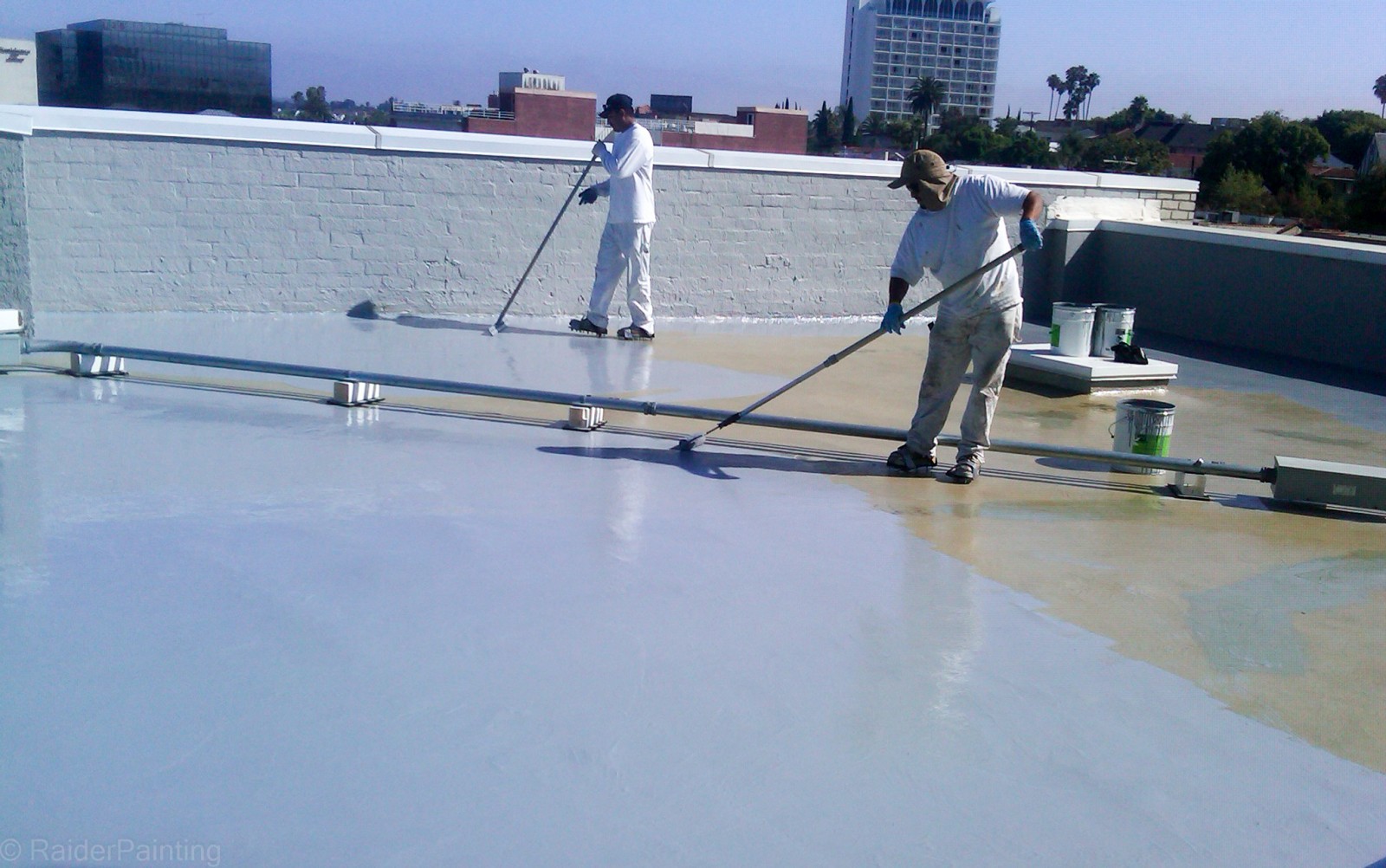Waterproofing is a crucial aspect of home maintenance that frequently gets overlooked. Many property owners fail to realize the importance of keeping their houses safe from moisture damage, which can lead to costly repairs and long-term structural issues. Comprehending why https://petwalk4.werite.net/waterproofing-misconceptions-dispelled-everything-you-need-to-know is essential for all home and building is the initial step towards securing a safe and damp-free environment for your family. With the ability to save thousands in repairs, the advantages of waterproofing far outweigh the initial cost.
In this comprehensive guide to waterproofing, we will discuss everything you need to know about shielding your home from water damage. Whether you're dealing with a dripping basement, a susceptible roof, or moisture-prone areas like restrooms and kitchens, our list will provide you with the knowledge you need to take steps. From disproving popular waterproofing myths to recognizing the signs that your house needs attention, we have you included. Let's plunge into the essential strategies for waterproofing success and make your home a fortress against water.
Comprehending the Importance of Waterproofing

Water resistance is an essential aspect of property and building maintenance that often goes overlooked. Without proper waterproofing, a property is vulnerable to liquid damage, which can lead to structural issues, mold growth, and financial burdens. By implementing waterproofing methods, residential caretakers can protect their properties and boost the overall resilience of their buildings.
One of the main reasons waterproofing is crucial is the prevention of liquid penetration. Whether it's through the base, ceiling, or sides, liquid can penetrate into a building, causing deterioration that may not be evident right away. By fixing Visit website , property owners can steer clear of major financial burdens related to restorations and renovations in the coming time. Not only does waterproofing shield against existing dangers, but it also serves as a proactive measure against potential dangers.
Additionally, effective waterproofing adds to energy efficiency in properties. When humidity is managed, the risk of heat loss due to moisture is lessened, resulting in diminished temperature regulation costs. Spending on waterproofing not only shields your property but also offers monetary gains through possible reductions, making it an crucial consideration for any homeowner.
Crucial Moisture-Proofing Methods and Solutions
Effective waterproofing commences with a thorough evaluation of your home to identify susceptible areas. For basements, applying waterproof paints and membranes on walls and floors can prevent moisture infiltration. Interior strategies such as drainage systems and sump pumps aid manage water infiltration by directing it away from critical areas. Additionally, confirming that gutters and downspouts are working well can minimize water gathering near your foundation.
When managing with roofs, choosing the appropriate waterproofing materials is important. Liquid waterproofing membranes are popular for flat roofs, as they provide a seamless barrier against leaks. For inclined roofs, choosing quality waterproofing coatings can protect against harsh weather and increase the durability of roofing materials. Regular maintenance is critical, including inspecting for cracks and making sure seals around vents and chimneys are intact.
Finally, waterproofing outdoor structures such as decks and patios requires particular techniques to boost durability. Utilizing sealants designed for exterior surfaces can stop water damage and improve durability. For balconies and terraces, proper drainage systems are crucial to prevent water accumulating and resulting structural issues. By using these techniques, homeowners can ensure comprehensive protection from liquid problems.
Making Educated Decisions: DIY vs. Expert Waterproofing
As you are choosing between DIY and expert waterproofing, it is crucial to assess your capabilities, the complexity of the project, and the potential risks involved. DIY waterproofing can be inviting due to the reduced costs and the sense of achievement of finishing a home improvement project. However, many homeowners misjudge the details required in effectively waterproofing areas like basements or roofs. Mistakes committed during a DIY project can lead to more significant problems down the line, possibly costing higher in repairs than if a qualified expert was employed from the start.
Alternatively, hiring a professional waterproofing contractor ensures that the job is completed correctly and efficiently. Professionals offer expertise, specific tools, and the availability of high-quality materials that the typical homeowner may not have. Moreover, they can detect hidden issues that may not be immediately visible to an untrained eye. This level of thoroughness can save homeowners time and money over the long term by averting problems such as mold growth, structural damage, and possible health hazards from water intrusion.
In conclusion, the decision between DIY and expert waterproofing should depend on your level of comfort with home improvement projects, the particular requirements of the waterproofing task at hand, and your budget. If the project is clear-cut and you have the necessary skills, DIY may be the best option. Yet, for trickier challenges or if you are in doubt, investing in professional services is often the smarter choice, providing peace of mind and durable results.
